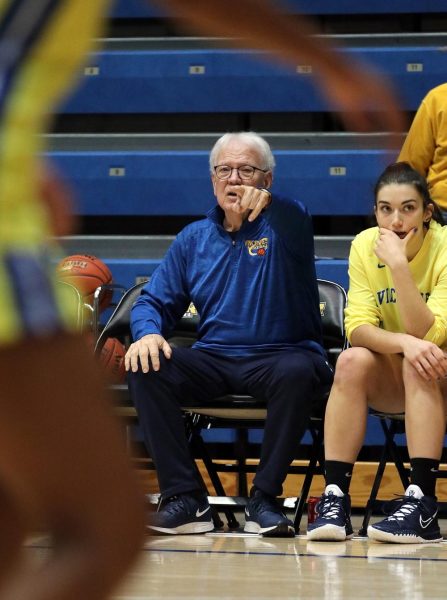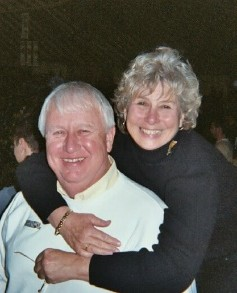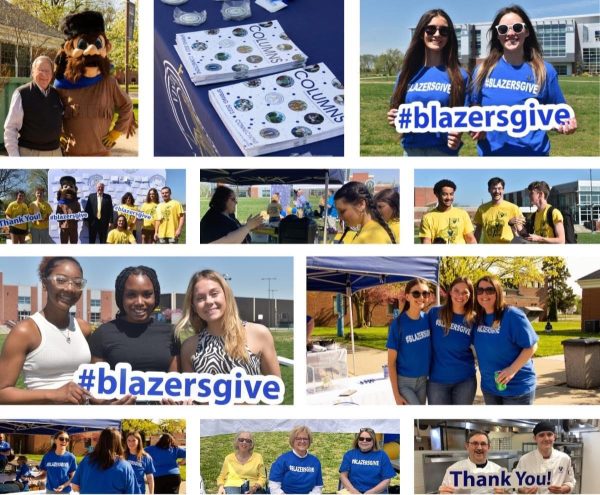Students share cultures of Swaziland and Ethiopia at Africa Banquet
The Banquet of Africa is one of Vincennes University’s traditional celebrations for the international population according to Zhe Ji, director of International Student Affairs. The banquet featured two students, Selam Kelil and Mothusi Dlamini, who each presented cultures from their respective countries in Africa: Ethiopia and Swaziland.
Dlamini was the first to present for the night, introducing many aspects of Swaziland. He gave everyone in the crowd an idea of simple yet useful terms in the language of Swazi, but stated that English is a known language in the country for anyone who is interested in visiting.
Dlamini also stated that in his country they like to stick with the “customs and traditions but are with the rest of the world when it comes to advanced ways of living.”
Dlamini also discussed the respect between the younger and older generations. He added that that there are “a lot of different customs when it comes to the respect.”
For example, he described how he has to bow to get to eye level when speaking as a means of respect.
“About the African Culture Night, I am really glad that I have a chance to speak our story from our perspectives, ” Kelil said during an interview with The Trailblazer. She explained that there were few people who knew where her country, Ethiopia, is; or if they knew the location, they knew nothing about its culture. Kelil believed that the banquet was a good chance for her to tell all everyone that there is a country called Ethiopia.
Kelil spoke on her country of Ethiopia about how there are 13 months rather than 12, and their New Year is on Sept. 11.
Kelil said, “Ethiopia is the only country to never be colonized by Europe.” However, she mentioned that European countries did try to colonize it, but a war broke out for Ethiopians to guard their independence.
Kelil said, “The noodles are the same, but the way of making them is different.”
The spaghetti in Ethiopia will not only be mixed with tomato sauce but also with onion, garlic and some spicy ingredients. Kelil also mentioned that injera was their main food in Ethiopia, which is like the general taco shell with Mexican tortillas. “We put different sauces on the shell and put whatever you like on top.”
The only thing that is totally different is that Ethiopians eat food with their hands, preferring not to use cutlery.
It was also explained by Kelil that Ethiopia has their own alphabet and numbering system developed within the country.
Haley Canfield, a pre-veterinary medicine major from Crown Point stated about the banquet,
“I thought it was very educational but also the customs and cultures are very different from America.”
Canfield also added, “I think that these banquets are fun and interesting because we get to learn more about the culture.”
Ocea-Marie Hughes, a nursing major from Lawrenceville, Illinois, commented at the end of the banquet, “I actually really enjoyed it. It was very intriguing, you got to learn more things from different cultures that you don’t really know about[…]Where they come from and what they like are just interesting, it’s so fascinating. Seeing the difference they do for holidays and do for calendar was so interesting.”
“…I am really glad that I have a chance to speak our story from our
perspectives.”
–Selam Kelil





